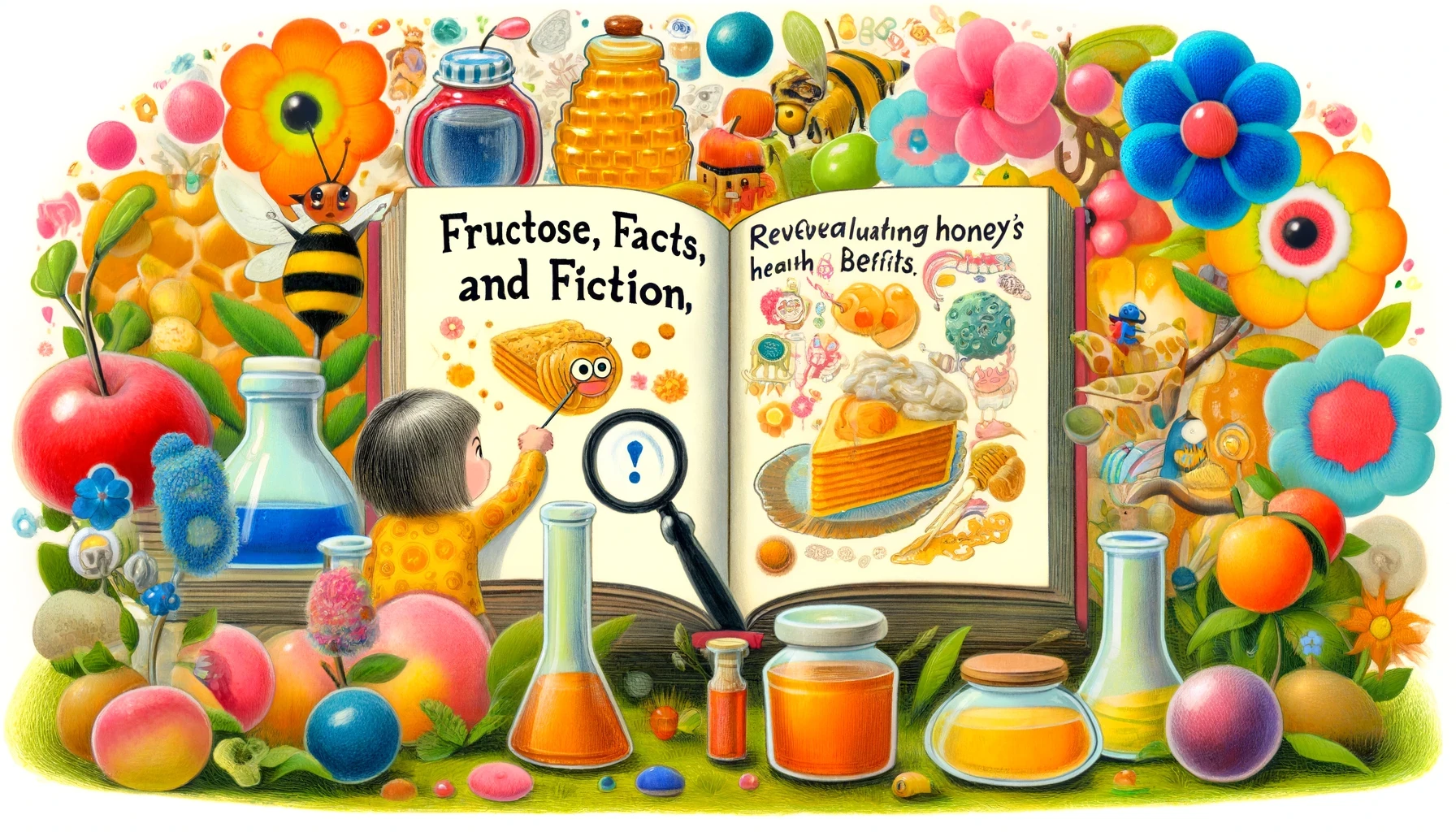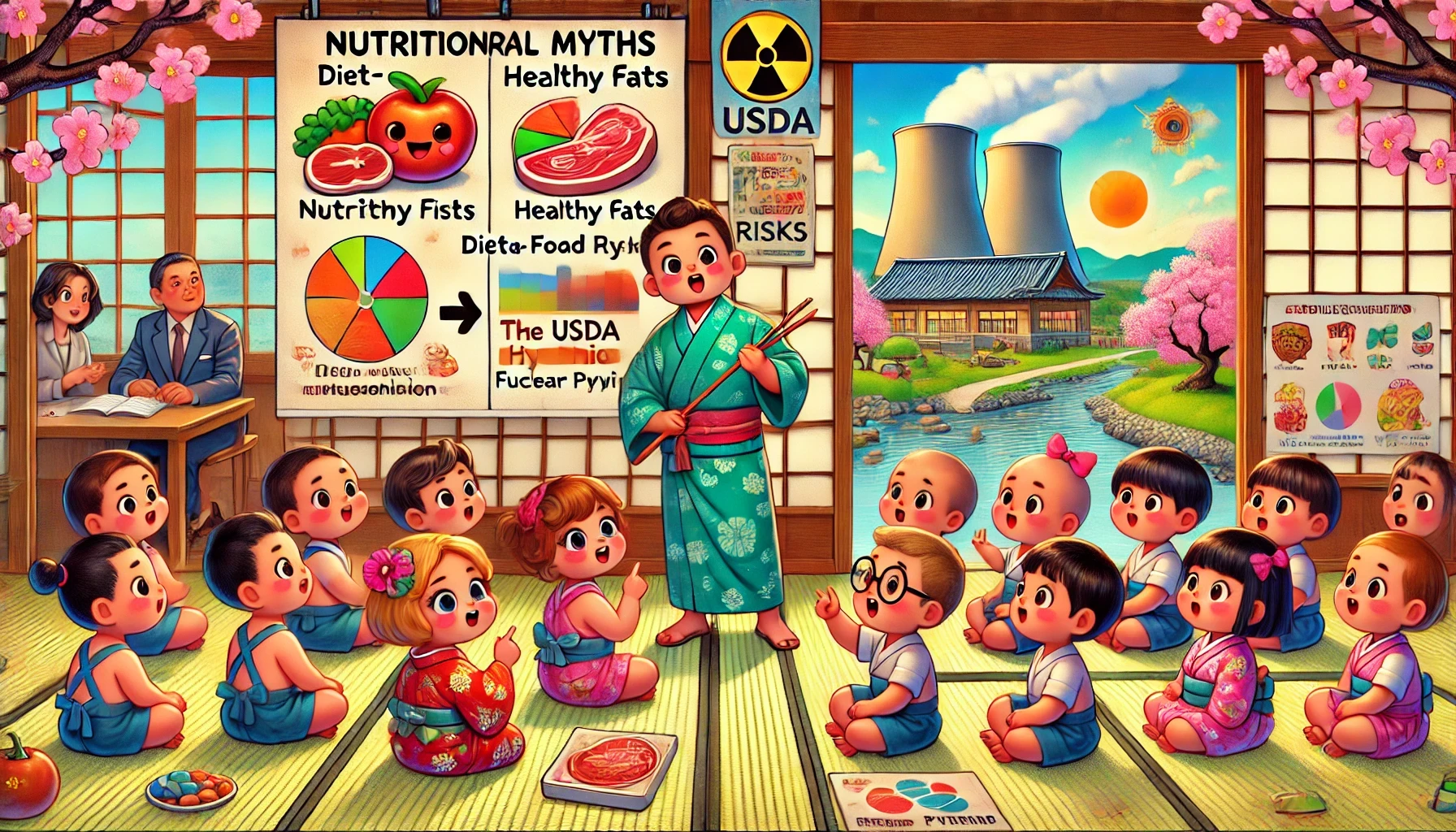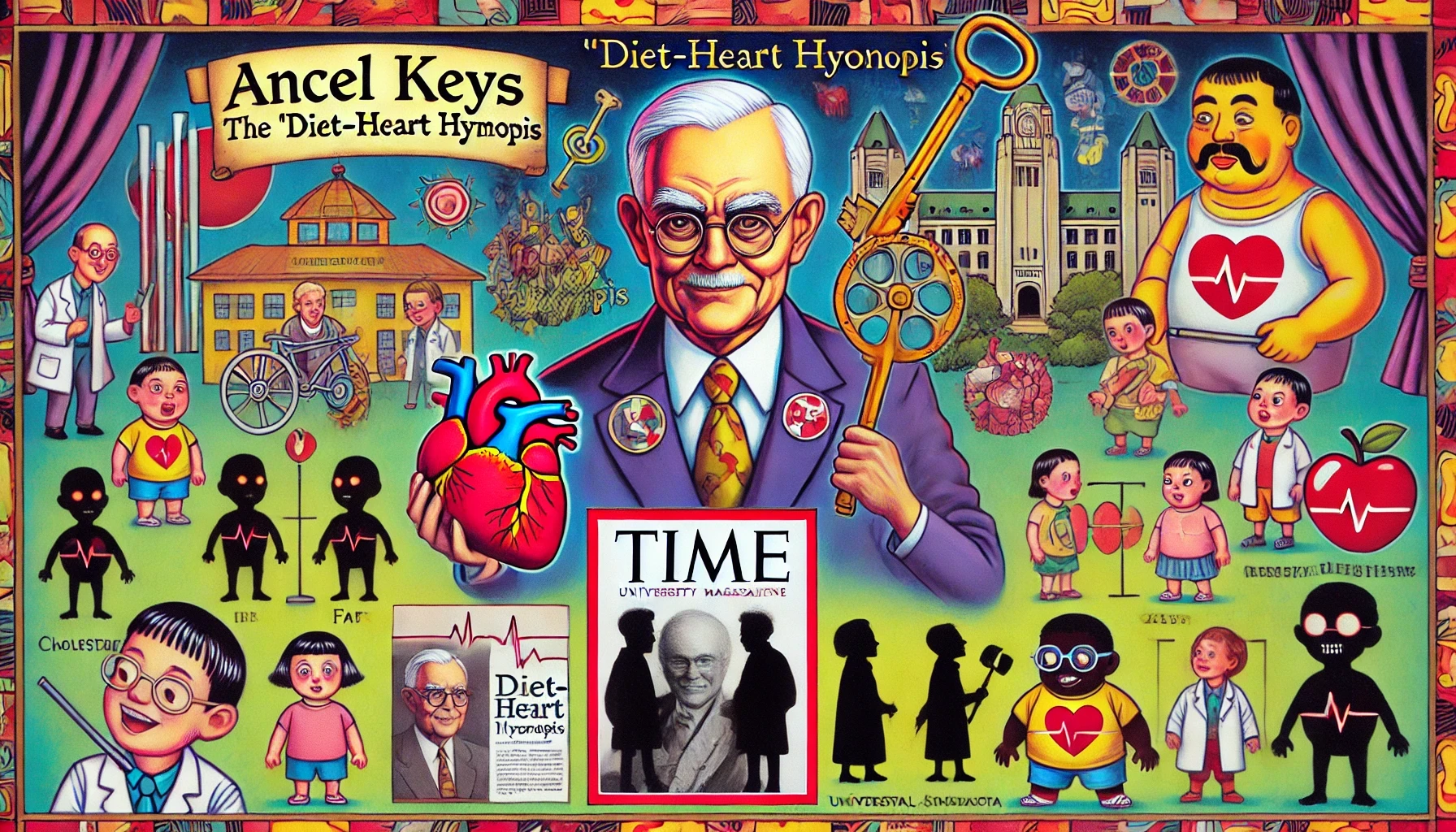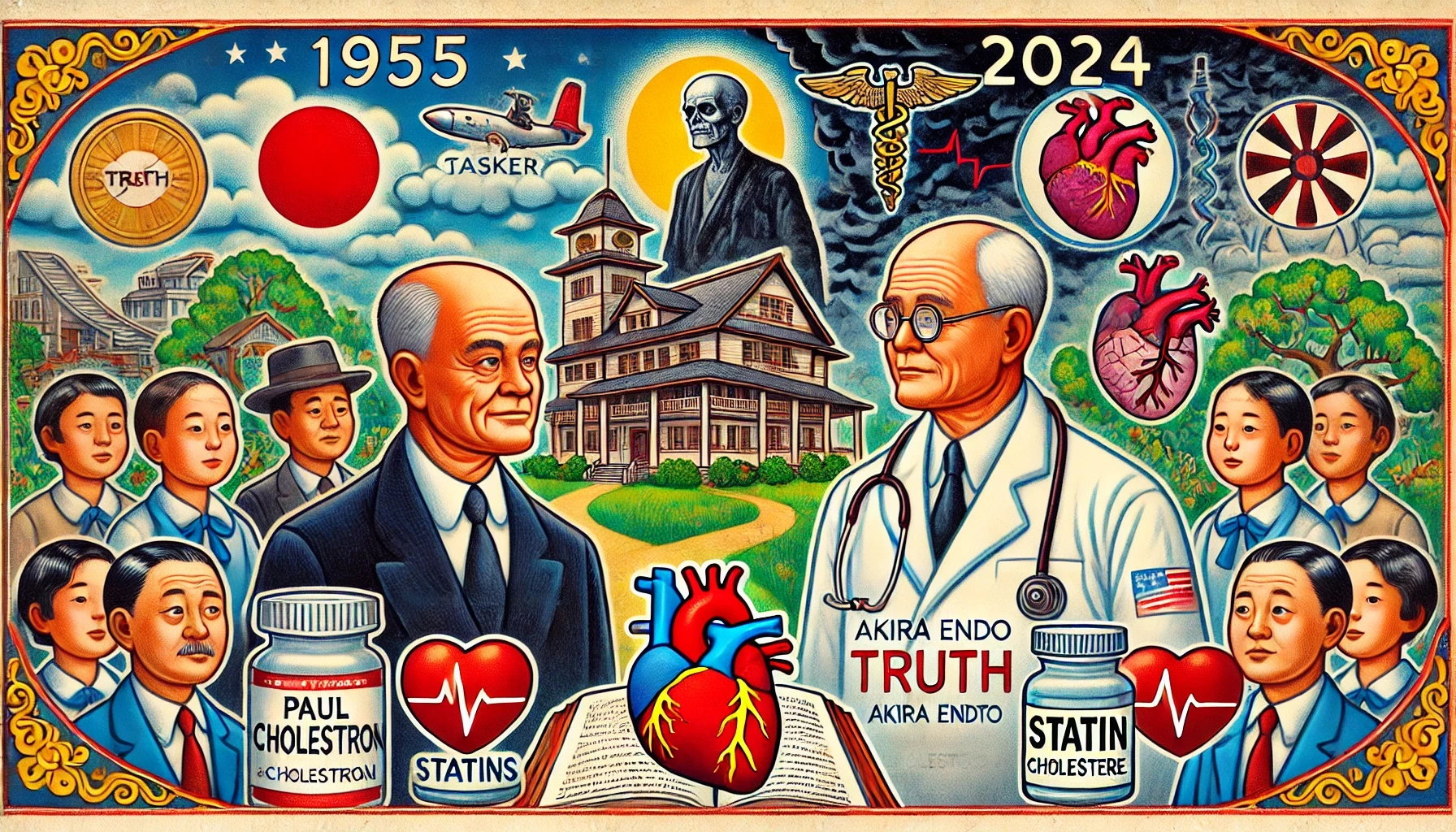ZENPTY.

Fructose, Facts, and Fiction: Reevaluating Honey’s Health Benefits
Jul 8, 2024
Just as I finished reviewing this book, I realized I was missing its prequel, “Natural Healing Comes from Honey: The Power of Honey Fructose” The arguments in this book are based on what the author claims is “real science,” but I faced the recurring issue of interpreting scientific claims. As the saying goes, "Science doesn’t lie. People do." I'm not accusing all scientists of dishonesty, but the complexity of the topic often leads to overreactions. Here’s how I evaluated the arguments in the book.
On page 83, the author states, “In clinical trials, administration of fructose in place of the same number of calories as that of other carbohydrates has also improved blood sugar control in diabetics.” This study suggests that consuming fructose from fruits and honey is a good decision. If I were struggling with mood swings and glucose spikes, it might seem like a bottle of honey could help me regain control. However, upon examining the study, I found that fructose reduced HbA1c (a marker of average blood sugar levels over a few months) by about 0.53%. While statistically significant, I questioned its real-life impact. For instance, if someone with an HbA1c level of 10 started using fructose and experienced the same reduction, their new HbA1c level would be 9.47%. This didn't seem significant enough to rely on honey as a solution.
There were also claims about weight loss, such as, “Clinical experiments have also confirmed the weight loss effect of honey,” and “A higher amount of fructose (50-70g/day) has a more significant weight loss effect than a lower amount (20g/day or less).” Initially, I felt hopeful that honey could help with weight issues. However, the first study indicated only a mild reduction in body weight (1.3%) and body fat (1.1%). The second study suggested that higher honey intake could help burn calories, but the actual difference in body weight between the two groups was only 1.36 grams—a tiny amount that can fluctuate daily.
Despite the book’s hundreds of citations supporting the author’s claims, none were convincing enough to change my daily sugar consumption habits significantly. I do appreciate and enjoy the author's boldness in challenging conventional views. While I couldn't agree with his perspectives on honey and sugar, I respect his effort to foster scientific discussions.
In conclusion, the most important lesson I learned from reading these books on honey wasn’t whether honey is healthy or not. It was the value of maintaining a scientific mindset and asking questions: Why? How much? How so? Only by asking these questions was I able to arrive at conclusions that I feel comfortable basing my life on.
Source: Unless otherwise noted, all data in this article comes from “Natural Healing Comes from Honey: The Power of Honey Fructose” by Hiroyuki Sakitani, M.D. All translations from the book are done using Google Translate.
A Carnivore Journey: How Letting Go of Carbs Opened New Doors
Nutritional Myths and Nuclear Risks: The Parallel Stories of Regulatory Capture
Silencing Dissent: How Ancel Keys' Hypothesis Dominated Nutrition Science
Ancel Keys and the Diet-Heart Hypothesis: A Deep Dive into Flawed Science
Unmasking the Villain: Ancel Keys and the War on Saturated Fat
From Eisenhower to Endo: The Evolution of Heart Health Myths






